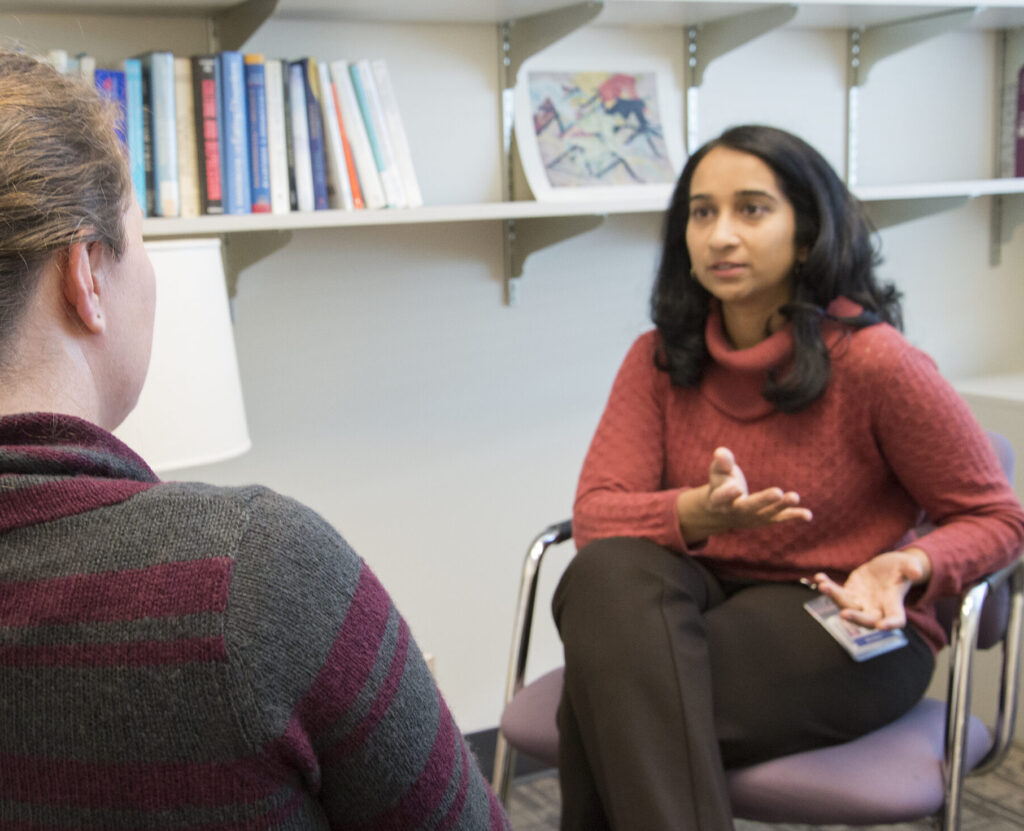Problem-Solving Treatment (PST) is a brief, evidence-based approach effective with most patient populations, including patients from various cultural backgrounds. The goal of PST is to teach patients problem-solving techniques that empower them to solve problems that arise from life stressors and contribute to their depression. PST is not intended to provide open-ended, ongoing therapy but aims to help patients learn skills they can use independently to reduce their psychological distress.
PST typically involves six to ten sessions as part of a treatment plan. The first appointment is approximately one hour long (this can be split into two ½ hour sessions if scheduling an hour is difficult) because it includes psychoeducation and an introduction to the PST model. Subsequent appointments are 30 minutes long.
Psychotherapy plays an important part in a patient's treatment plan, given patient preferences and the limitations of antidepressant medications. Organizations implementing an integrated care program should have the capacity to offer evidence-based psychotherapy such as PST. PST sessions can be billed by licensed providers using psychotherapy or CoCM CPT codes.
PST is the most widely used intervention to treat depression and anxiety in a primary care environment. Research shows it significantly improves patient outcomes in a wide range of settings and patient populations. PST is effective for depression among all adult populations (aged 18-100), including older adults with mild cognitive impairment.
The document below contains selected references demonstrating the efficacy of PST in primary care.
The AIMS Center at the University of Washington is approved by the American Psychological Association (APA) to sponsor continuing education (CE) for psychologists. The AIMS Center maintains responsibility for this program and its content.
CE credits can be used by most licensed mental health providers, including psychologists, nurses, clinical social workers, professional counselors, and marriage and family therapists. Clinicians should check their specific state requirements to confirm that these credits apply to them.
Participants are eligible for up to 10 CE credits (PST Tier 1) or up to 13 CE credits (PST Tier 2). To receive credits participants must attend the entire course and pass a learning evaluation.
CONFLICT OF INTEREST DISCLOSURE INFORMATION
There are no relevant financial relationships to disclose for authors or planners of this content.
